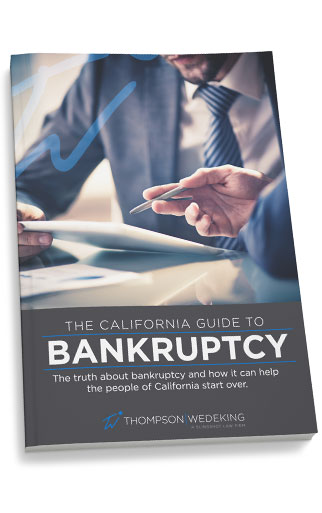
Whether you’re just getting into investing or you’ve been exploring the practice for a while now, you’ve more than likely come across the word “bonds” before. They’re a very popular investment, alongside stocks, mutual funds and commodities. However, just because they’re common doesn’t mean people know what they are.
You may also hear bonds referred to as notes, bills, debt obligations, or debt securities. Most people simply just call them bonds though.
Bonds are what we refer to as debt securities. They’re kind of like an I.O.U., except that you are lending the money to a government, federal agency, corporation, municipality or some similar entity. In return for your loan, the entity, called an issuer, provides you with an I.O.U. that promises a specific amount of interest over the life of the bond, plus the principle investment, whenever it comes due or matures.
One of the most popular types of bonds over the years has been U.S. government securities. Others include foreign government bonds, corporate bonds, federal agency securities, municipal bonds, and asset- and mortgage-backed securities.
The main difference between bonds and stocks is that the former represents debt (as we mentioned) and the latter is equity. This is the main distinction. It means that a bondholder always gets paid before a shareholder because they’re a creditor. However, a shareholder gets a share of the profits and, potentially, voting rights.
So the upshot is that bonds provide far less risk than investing in stocks. However, you accept far less potential for rewards too, meaning your returns tend to be a lot less as a bondholder. Most people who prefer bonds over stocks understand that they’ll probably see less money over the long term, but appreciate that they also won’t have to suffer the short term volatility of the market.
If you’re just beginning to build your portfolio, it makes sense to put some money towards bonds. While it’s true you’ll make less, they’re generally a sound investment you can rely on.
Sources:
http://www.investinginbonds.com/learnmore.asp?catid=46&id=2
http://www.investopedia.com/university/bonds/bonds1.asp


